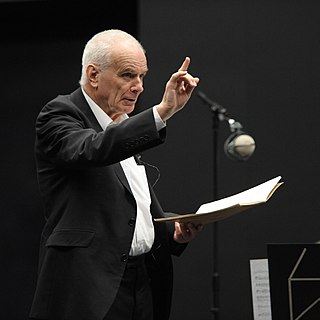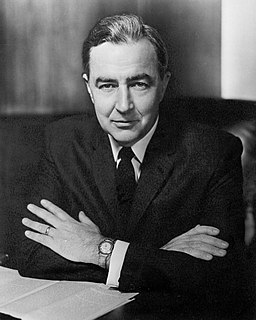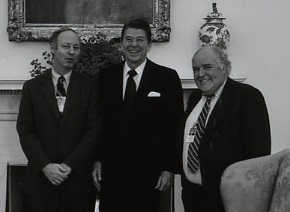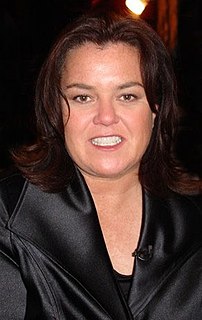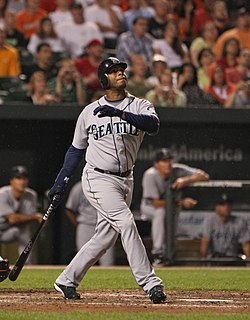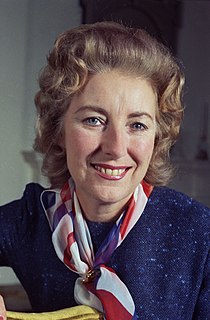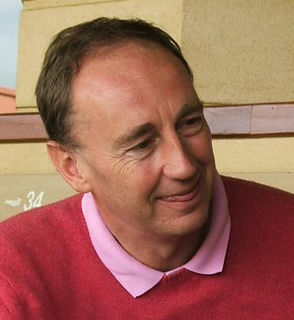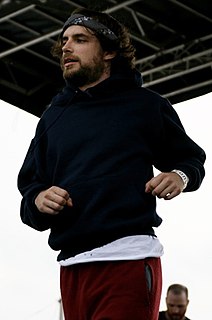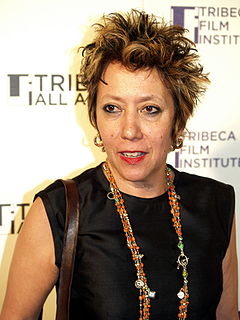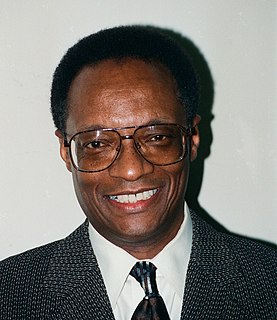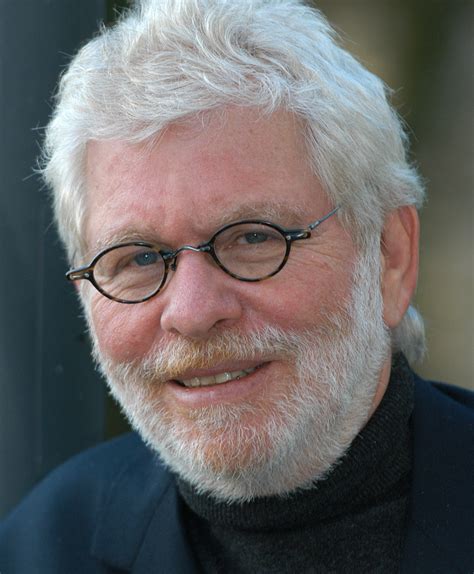A Quote by Peter Maxwell Davies
Recently I've been participating in radio and television talk programs doing broadcasts and conferences, and shooting my mouth off and really going to town.
Quote Topics
Related Quotes
There is danger in the concentration of control in the television and radio networks, especially in the large television and radio stations; danger in the concentration of ownership in the press...and danger in the increasing concentration of selection by book publishers and reviewers and by the producers of radio and television programs.
I'm well past the age where I'm acceptable. You get to a certain age and you are forbidden access. You're not going to get the kind of coverage that you would like in music magazines, you're not going to get played on radio and you're not going to get played on television. I have to survive on word of mouth.
When I start to think about all the things, I'm doing sometimes I just have to thank the man upstairs. Because I'm doing the morning show here in Chicago 5 days a week, and I have the syndicated radio show that's been going on now for several years. In addition we are in the midst of taping 13 episodes of a television show-The Legends of Jazz: The Masters of jazz on PBS-TV.
